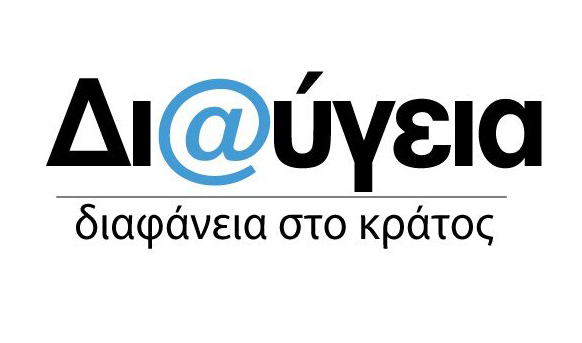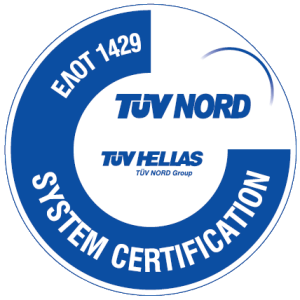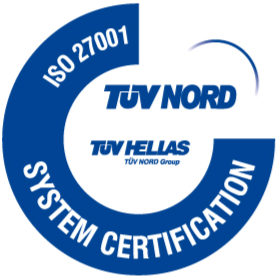Κωδικός Προγράμματος:
C.978
Επ. Υπεύθυνος:
ΒΙΡΒΟΥ ΜΑΡΙΑ
Κατηγορία:
ΕΥΡΩΠΑΪΚΑ
Φορέας Χρηματοδότησης:
ΕΥΡΩΠΑΙΚΗ ΕΠΙΤΡΟΠΗ
Ημερομηνία Έναρξης:
01/02/2023
Ημερομηνία Λήξης:
31/12/2024
Περιγραφή
Research of CEDEFOP enlightens the DICE needs:
– The individual VET systems in the different EU countries although very varied, form barriers for vulnerable groups in themselves. It is therefore difficult, if not impossible in some professions and some regions, to enter as adult newcomers in the training process as many vocational routes are very inflexible. VET schools, for example, in CZ or PL do provide only formal education at EQF 3/4, but lack provision of non-formal certificated education for vulnerable groups or specific courses e.g. at EQF5.
– Some EU countries, such as PT or TR, have specific resettlement and integration programmes for refugees, mainly the ones that have integration centres where refugees remain for 12- 18 months after their arrival. During this time, a portfolio is made of their competencies and skills, including an educational biography, certificates, diplomas, records of professional experience, formal and informal skills, intended to ease economic integration. However, these centres have varying levels of success. It was reported that such centres might actually defer integration, some of them are located in areas where there are high levels of racism.
Overall needs:
To be competitive in the job market in today’s global digital economy, individuals have little choice and must possess digital skills and competencies. Also, the companies, without employees with proper digital competencies and skills, are at
significant risk of wasting their investments and missing key opportunities for growth and competitiveness.
For these reasons, ICT skills in the entrepreneurial sector are in high demand in practice. Also, the COVID-19 pandemic shows that they are much more resistant to crises than most other jobs. There are clear signs that ICT-related occupations
are going to be subject to even greater demand in the coming years. On the other hand, in all of the DICE partners countries, the number of persons with sufficient digital skills and competencies is below the OECD average (1). These statistics but
also realized research of partners (2) show, the practice generally requires highly skilled people in the business and/or industry that have excellent ICT skills.




